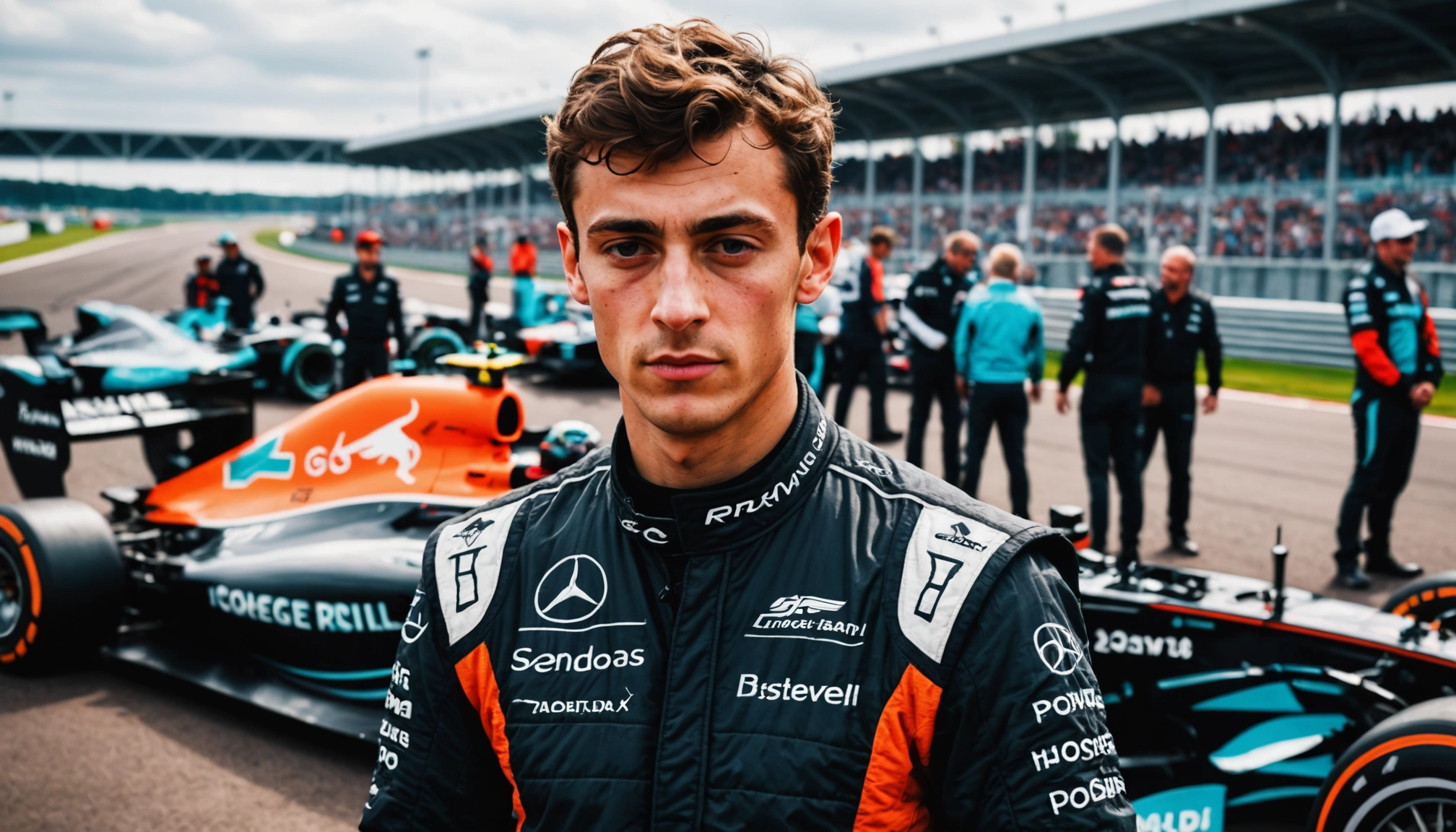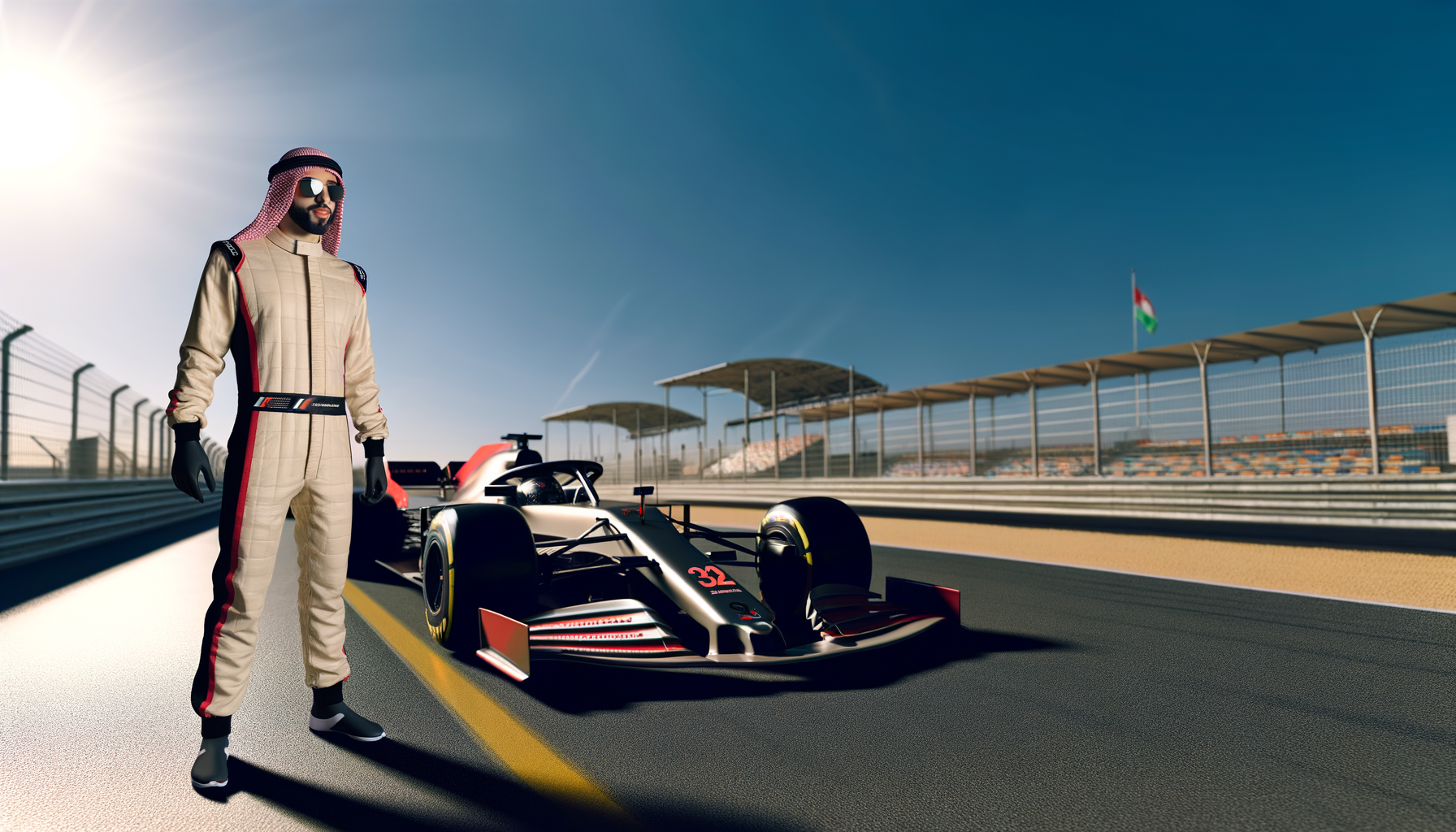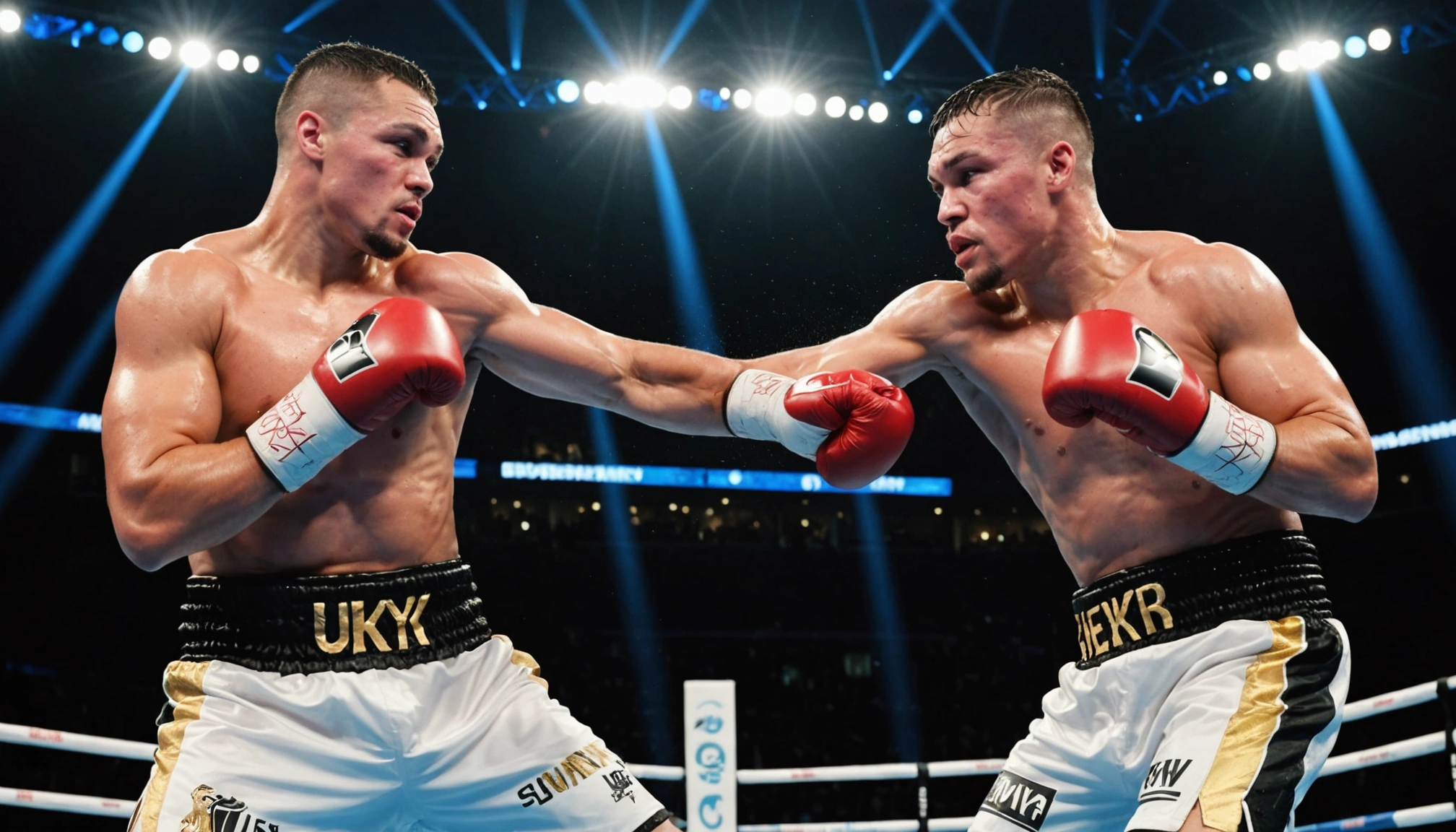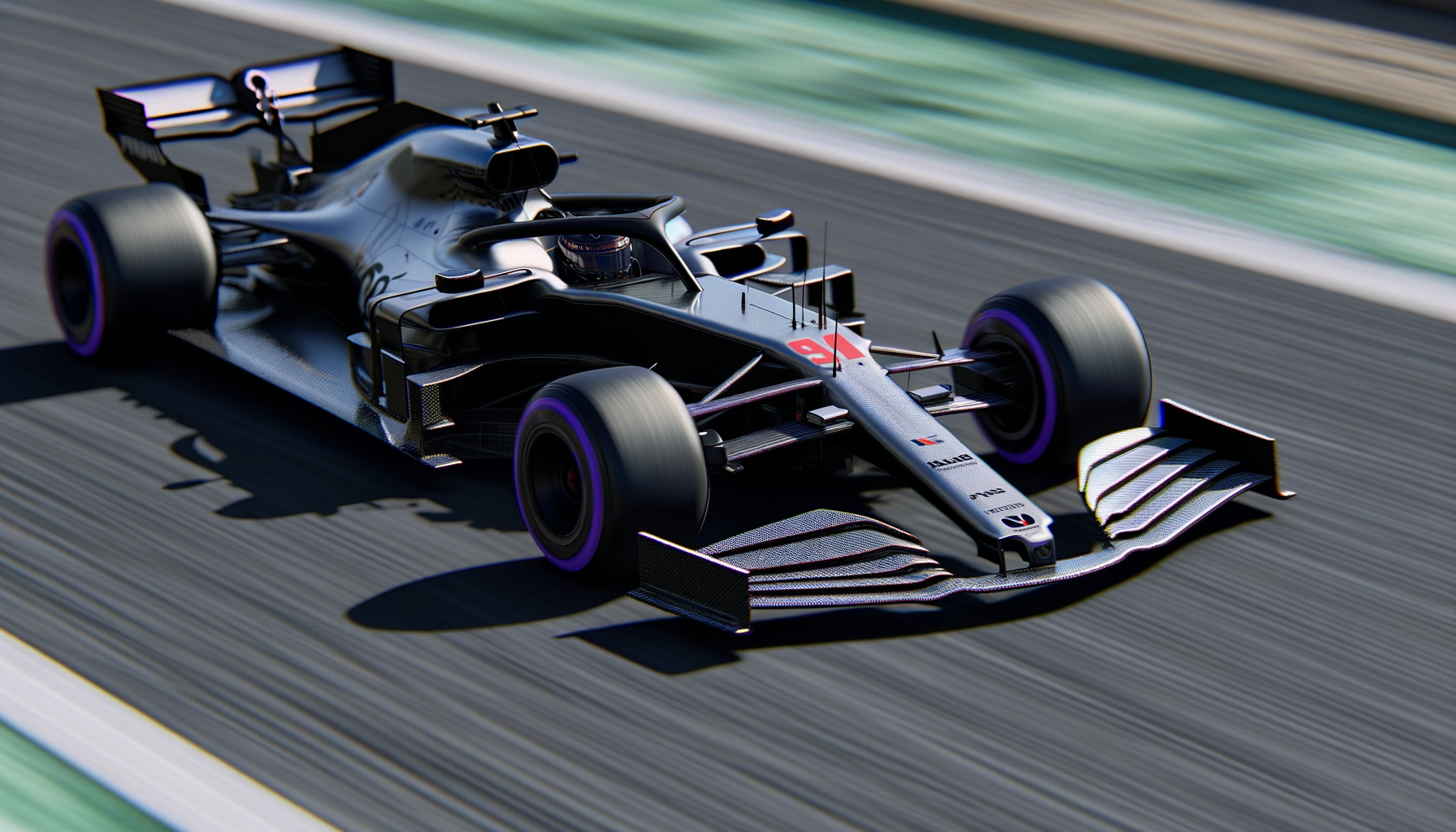What Explains The Delay In George Russell's F1 Deal?
Discover the mix of driver performance and marketing factors behind George Russell's F1 deal delay. Insights, examples, and what it means for his career.

By Editorial
The complexity behind George Russell's F1 deal delay
George Russell has emerged as one of Formula 1's brightest talents, yet his contract extension or new deal with his current team has seen unexpected delays. While driver performance is often the headline factor in such negotiations, a deeper look reveals a complex interplay of marketing considerations and strategic timing that may explain the hold-up.
How driver performance impacts contract negotiations
Russell's performances on track have been impressive, showing steady improvement since his debut. His ability to consistently extract more from the car than expected has gained praise from experts and fans alike. However, in F1, raw speed alone does not guarantee swift contract renewals. Teams weigh recent results, consistency, and potential against the backdrop of available seats and long-term strategy.
For example, his performance relative to team-mates and rivals can shift a team's willingness to commit quickly. A driver outperforming expectations might prompt more lucrative offers from competitors, complicating negotiations. This dynamic was evident during the 2023 season, where Russell's qualifying pace and race craft often matched or exceeded that of seasoned champions.
The marketing dimension: Why sponsorship and branding matter
Beyond the cockpit, a driver's marketability plays a crucial role. Russell's clean image, British nationality, and growing fanbase make him an attractive figure for sponsors seeking to connect with UK audiences and global markets. Teams must balance driver contracts with commercial partnerships, ensuring that the driver’s brand aligns with sponsor interests and the team’s image.
Marketing considerations may include:
- Potential to attract new sponsors or retain existing ones
- Appeal in key markets such as the UK, Europe, and Asia
- Social media presence and fan engagement
- Media friendliness and public relations skills
Russell's growing prominence means that teams could be timing announcements to maximise commercial impact, possibly synchronising with sponsor campaigns or major events.
Case studies: When marketing influenced driver deals
Looking at recent F1 history, several driver deals have been delayed or expedited due to marketing strategies. For instance, the timing of Lewis Hamilton’s contract announcements often aligned with major brand launches or Formula 1 calendar highlights. Similarly, teams have sometimes kept negotiations under wraps to create suspense and generate media buzz, which can translate to higher sponsorship value.
These examples highlight that driver contracts are not solely sports decisions but intertwined with complex business strategies, which are especially relevant for drivers like Russell, who possess both sporting talent and commercial appeal.
Comparing with other sports negotiations
Interestingly, the intersection of performance and marketing is not unique to F1. Similar patterns appear in football and other sports. For example, as explored in our latest football gossip, transfers, targets and contract updates, clubs often delay announcements to coordinate with marketing campaigns or assess player branding value.
This cross-sport perspective illustrates how modern athlete contracts are multifaceted agreements involving performance metrics and commercial potential.
What this means for George Russell’s future
For Russell, the delay might be strategic rather than a sign of uncertainty. It allows his team to evaluate both his ongoing performance and optimise commercial timing. Fans and pundits alike should consider this broader context rather than focusing solely on on-track results.
Moreover, with Formula 1’s expanding global audience and the sport’s growing emphasis on brand partnerships, drivers like Russell who combine talent with marketability are increasingly valuable assets.
Conclusion: Balancing performance and marketing in modern F1
George Russell’s contract delay reflects the intricate balance teams must strike between sporting excellence and commercial interests. Understanding this dynamic sheds light on the evolving nature of driver management in Formula 1.
For further insights on athlete career developments and contract strategies across sports, check out our analysis of NFL 2025 season predictions, Super Bowl MVP and breakout stars. This offers a wider lens on how performance and marketability shape sports careers today.
Related topics
Editorial
Sports expert at SportsScoop
Specialist in sports analysis and journalism
Related articles
Want to read more?
Explore our comprehensive collection of sports articles and analysis, or contact us for more information.



